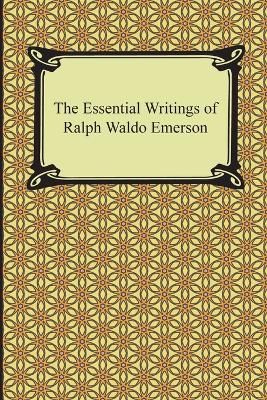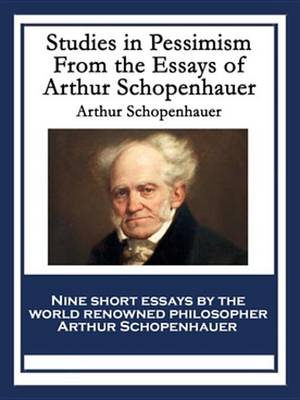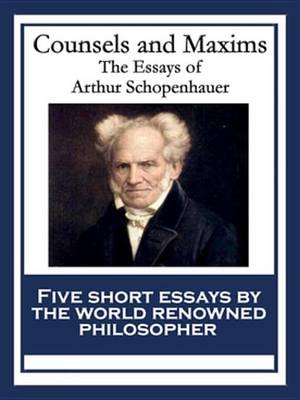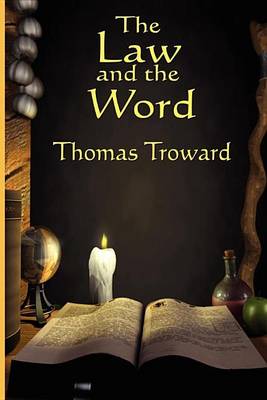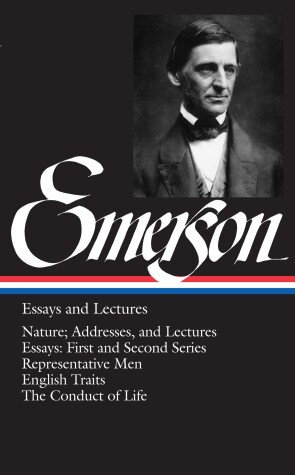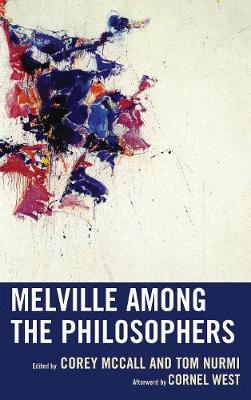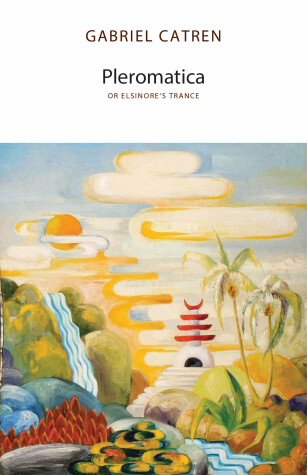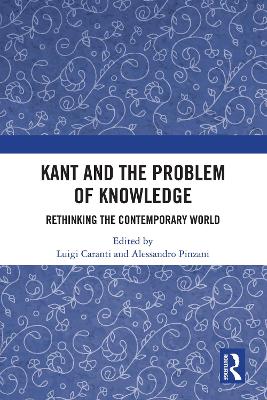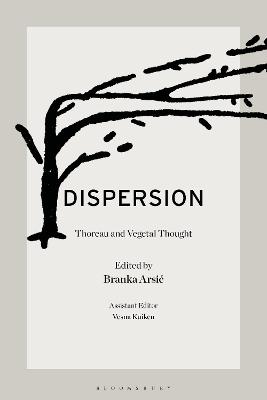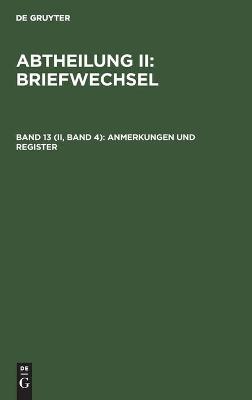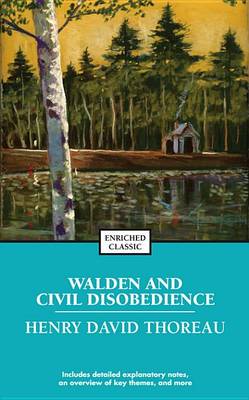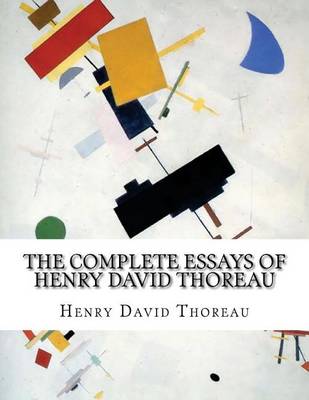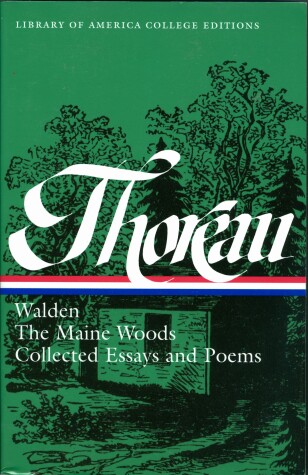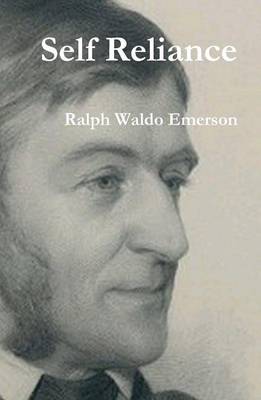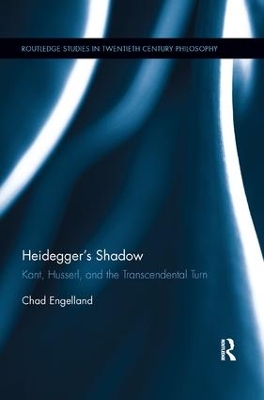The Essential Writings of Ralph Waldo Emerson
by Ralph Waldo Emerson
Introduction by Mary Oliver Commentary by Henry James, Robert Frost, Matthew Arnold, Oliver Wendell Holmes, and Henry David Thoreau The definitive collection of Emerson’s major speeches, essays, and poetry, The Essential Writings of Ralph Waldo Emerson chronicles the life’s work of a true “American Scholar.” As one of the architects of the transcendentalist movement, Emerson embraced a philosophy that championed the individual, emphasized independent thought, and prized “the splendid labyri...
Ishmael
by Fr D Ric Antonious, Frederic Antonious, and Frederic Antonious (Abbahji)
Collected here are nine short essays, On the Sufferings of the World, The Vanity of Existence, On Suicide, Immortality: A Dialogue, Psychological Observations, On Education, Of Women, On Noise, and A Few Parables, by the world renowned philosopher Arthur Schopenhauer.
"A joyful celebration" (NPR) that shows us why silence is essential to our sanity and happiness—and how it can open doors to wonder and gratitude—from a renowned explorer and acclaimed author. In this astonishing and transformative meditation, Erling Kagge, famed Norwegian explorer and the first person to reach the South Pole alone, explores the silence around us, the silence within us, and the silence we must create. By recounting his own experiences and discussing the observations of poets,...
The Law and the Word explores the connection between thought energy, scientific reasoning, and creative power. Chapters include Some Facts in Nature, Some Psychic Experiences, Man's Place in the Creative Order, The Law of Wholeness, The Soul of the Subject, The Promises, and Death and Immortality. Thomas Troward was an early New Thought writer who had an immense impact on those who would follow. Ernest Holmes, Frederick Bailes, Joseph Murphy, and Emmett Fox cited him as a major influence, and Ge...
Ralph Waldo Emerson: Essays and Lectures (LOA #15) (Library of America Ralph Waldo Emerson Edition, #1)
Our most eloquent champion of individualism, Emerson acknowledges at the same time the countervailing pressures of society in American life. Even as he extols what he called “the great and crescive self,” he dramatizes and records its vicissitudes. Here are all the indispensable and most renowned works, including “The American Scholar” (“our intellectual Declaration of Independence,” as Oliver Wendell Holmes called it), “The Divinity School Address,” considered atheistic by many of his listene...
For more than a century readers have found Herman Melville's writing rich with philosophical ideas, yet there has been relatively little written about what, exactly, is philosophically significant about his work and why philosophers are so attracted to Melville in particular. This volume addresses this silence through a series of essays that: (1) examine various philosophical contexts for Melville's work, (2) take seriously Melville's writings as philosophy, and (3) consider how modern philosoph...
Gabriel Catren is a philosopher and a physicist working at the Institut SPHERE—Science, Philosophie, Histoire (Université Paris Diderot—CNRS, Paris).The great poets and thinkers of modernity described a situation we still inhabit today: the catastrophic undermining of all foundations, the disorienting relativization of all reference points, the prospect of abandonment to chance and contingency alone—the shipwreck of Mallarmé's Coup de dés. In this precise and poetic work of philosophy, Gabriel C...
Kant and the Problem of Knowledge
This book examines Kant’s contributions to the theory of knowledge and studies how his writings can be applied to address contemporary epistemological issues. The volume delves into the Kantian ideas of transcendental idealism, space, naturalism, epistemic normativity, communication, and systematic unity. The essays in the volume study Kant’s theories from a fresh perspective and offer new arguments for assenting that knowledge cannot account for itself without acknowledging the fundamental role...
Originally published in 1961. Professor Lovejoy is concerned with the history of the conceptions of reason, ego, time, and other related concepts that enjoyed a great vogue and influence in German philosophy in the last decades of the eighteenth century and the early decades of the nineteenth century. Kant's influence on and relevance to the development of later German epistemology is traced, as is the impact of those ideas on the Transcendentalist movements in England and America as represented...
Dispersion
Plants are silent, still, or move slowly; we do not have the sense that they accompany us, or even perceive us. But is there something that plants are telling us? Is there something about how they live and connect, how they relate to the world and other plants that can teach us about ecological thinking, about ethics and politics? Grounded in Thoreau’s ecology and in contemporary plant studies, Dispersion: Thoreau and Vegetal Thought offers answers to those questions by pondering such concept...
Walden and Civil Disobedience (Well Read Collection, #2) (Enriched Classics)
by Henry David Thoreau
Naturalist and philosopher Thoreau's timeless essays on the role of humanity—in the world of nature, and in society and government. Thoreau, a sturdy individualist and nature lover, lived a spare existence in a wooden hut on the edge of Walden Pond near Concord, Massachusetts, from 1845 to 1847. "Walden" is the fruit of Thoreau's two-year stay on the Walden Pond. It is a record of his experiment in a simple life and his contemplation of the wonders of nature and the ways of man. He carefully sh...
From the earliest times, societies have been seduced by the temptation of unitary thinking. Recognizing the vulnerability of existence, people and cultures privilege regimes that confer authority on a single entity, a sovereign ruler, a transcendental deity, or an Event, which they embrace with unquestioned devotion. Such obsessions precipitate contempt for the worldliness of real bodies in real time and refusal of responsibility and agency. In The Perils of the One, Stathis Gourgouris offers a...
The Writings of Henry David Thoreau (Volume, #7) (Writings of Henry D. Thoreau)
by Henry David Thoreau
Thoreau's Walden, ostensibly a simple account of a year spent alone in a cabin by a pond in the woods, is one of the most influential and complex books in American literature. After eight years in the writing,the first edition of 1854 was largely ignored, and it was not reprinted until 1862, the year of Thoreau's death. But by 1900 Walden was acclaimed by many as a classic, among the finest prose works of the century. It has been increasingly recognized as an important document of social critici...
Henry David Thoreau: Walden, The Maine Woods, Collected Essays and Poems
Here, in one volume for the first time, are the most important works of Henry David Thoreau, America's greatest nature writer and a political thinker of worldwide influence. A landmark in American literature, Walden is at once a personal declaration of independence, a social experiment, a manual of self-reliance, and a masterpiece of style. The Maine Woods combines close observation of the unexplored Maine wilderness with a far-sighted plea for conservation. Including "Civil Disobedience," "Walk...
Self-Reliance (Dover Thrift Editions) (Essays - Ralph Waldo Emerson)
by Ralph Waldo Emerson
Heidegger's Shadow (Routledge Studies in Twentieth-Century Philosophy)
by Chad Engelland
Heidegger’s Shadow is an important contribution to the understanding of Heidegger’s ambivalent relation to transcendental philosophy. Its contention is that Heidegger recognizes the importance of transcendental philosophy as the necessary point of entry to his thought, but he nonetheless comes to regard it as something that he must strive to overcome even though he knows such an attempt can never succeed. Engelland thoroughly engages with major texts such as Kant and the Problem of Metaphysics,...
